Actively reducing carbon footprint
In our commitment to reducing our carbon footprint, we are actively implementing emission reduction efforts across our value chain, striving for a more sustainable brewing industry.
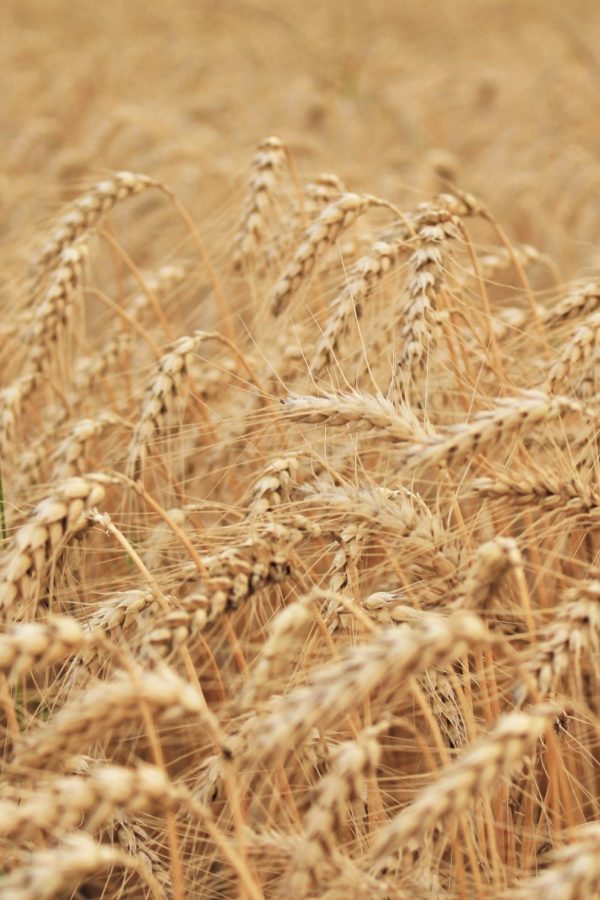
Carbon reduction strategies
Addressing climate change is critical due to its potential severe impacts on resources like barley, hops, and water. The primary driver is fossil fuel reliance, which releases greenhouse gases, including carbon dioxide, heating the planet.
As an international brewer, we're actively establishing baseline emissions across all scopes to align with auditable standards and the Paris Agreement's goal to limit global warming to 1.5 degrees
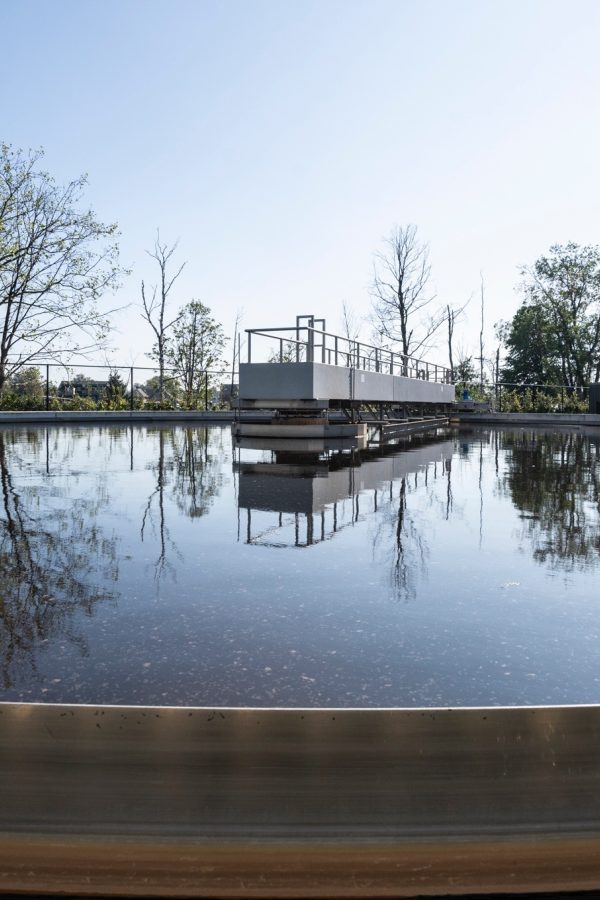
Two emission categories
Firstly, we're working to reduce our reliance on fossil fuels, a major emissions source, in our thermal energy needs. This includes exploring waste heat recovery and adopting renewable heating sources like biomass, biogas, solar heat, and electrification.
Secondly, our emissions are linked to the purchase of raw materials (malt, yeast, hops, etc.), the use of packaging (bottles, carton, plastics), in- and outbound logistics, and even the cooling of our products at the retailer or point of consumption.
We generate electricity from solar panels on our brewing hall and fermentation cellars' roofs (5,300 m²), complemented by purchased clean grid power, ensuring 100% sustainability.
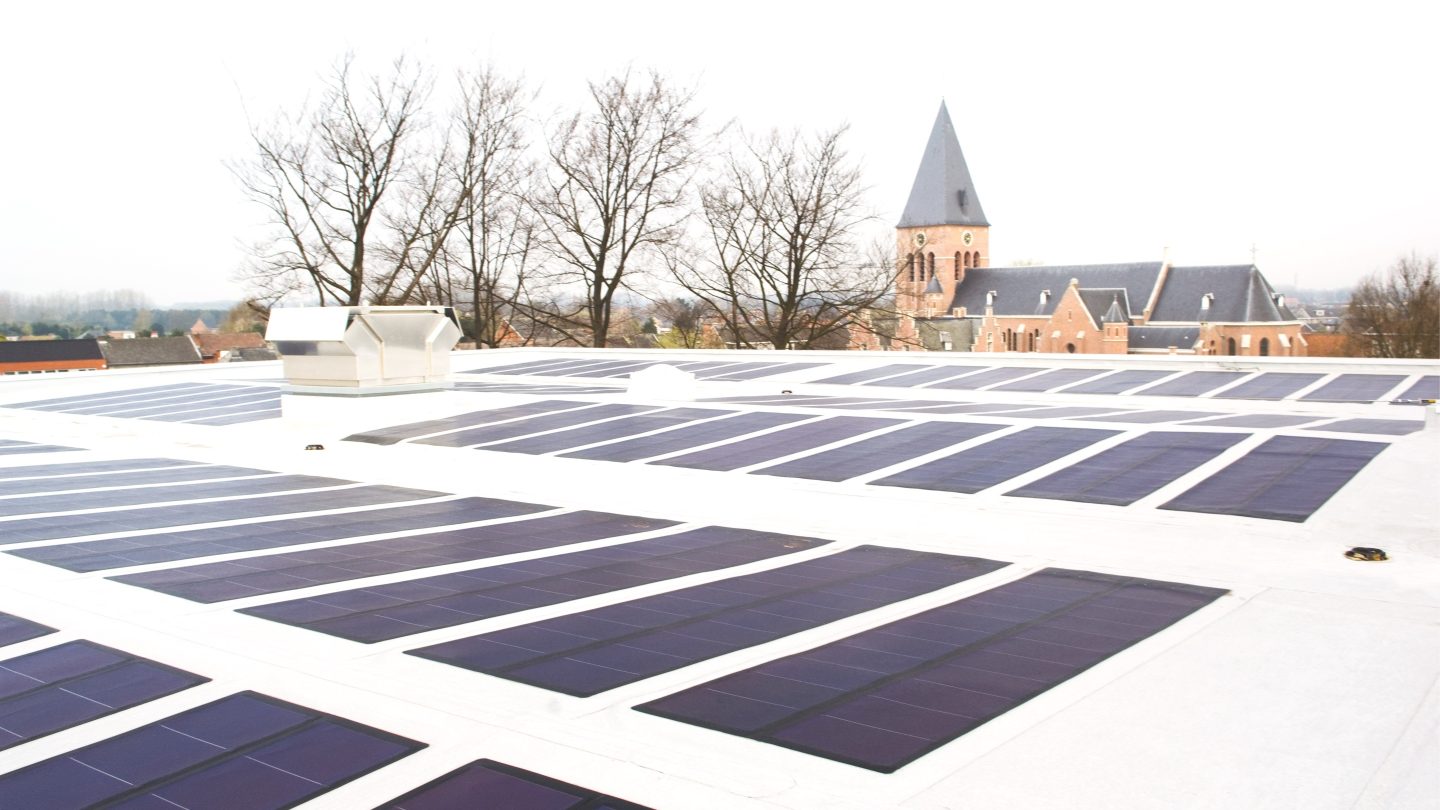
100% of the electricity consumed by our brewery in Puurs-Sint-Amands is renewable
Guiding principles
-
Reduce
We prioritize optimizing energy use through efficient equipment like pumps and heat exchangers in our breweries and streamline logistics processes, including route optimization and filling rate improvements
-
Reuse
We focus on minimizing our indirect carbon footprint, particularly in areas like raw material cultivation, production, packaging, product cooling, and distribution.
-
Recycle
We are dedicated to reducing our reliance on fossil fuels by optimizing energy efficiency in our processes and implementing innovative energy recycling initiatives. These efforts reduce our carbon footprint and contribute to overall energy savings.

Beyond value chain mitigation
While we are actively working to reduce carbon emissions along our value chain, we recognize the urgency of addressing emissions beyond our immediate control. To align with the Paris Agreement and the IPCC's warning of a 50 percent chance of exceeding 1.5°C global warming in the next two decades, we engage in Beyond Value Chain Mitigation.
Our climate action involves tree planting in collaboration with organizations like Bos+ and WeForest. Locally, we've created the 'Duvel Forest' near our brewery in Puurs-Sint-Amands, contributing to carbon removal. Additionally, we support a significant project in Zambia, where smallholder farmers have restored 625 hectares of land, planting an estimated 750,000 trees since 2018.
Sustainable stories
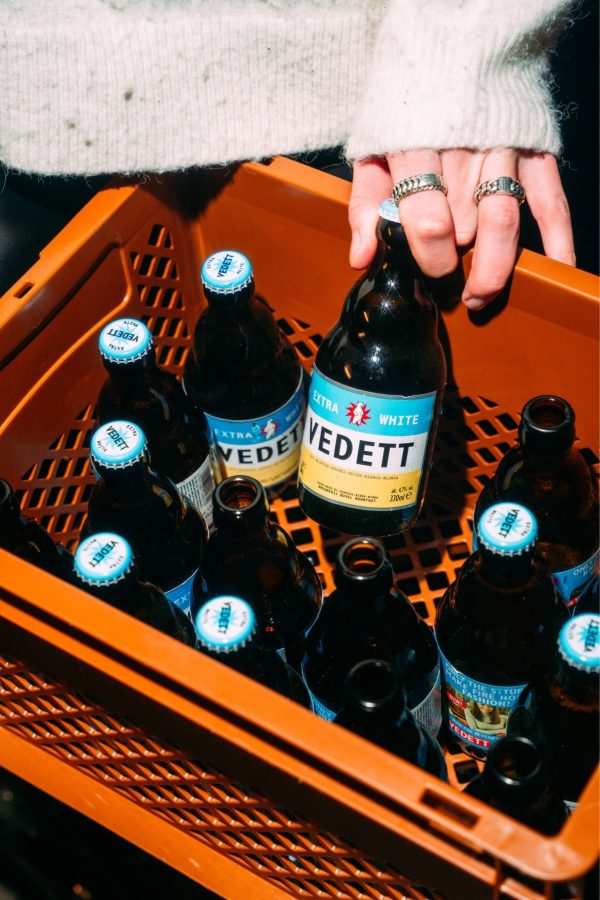
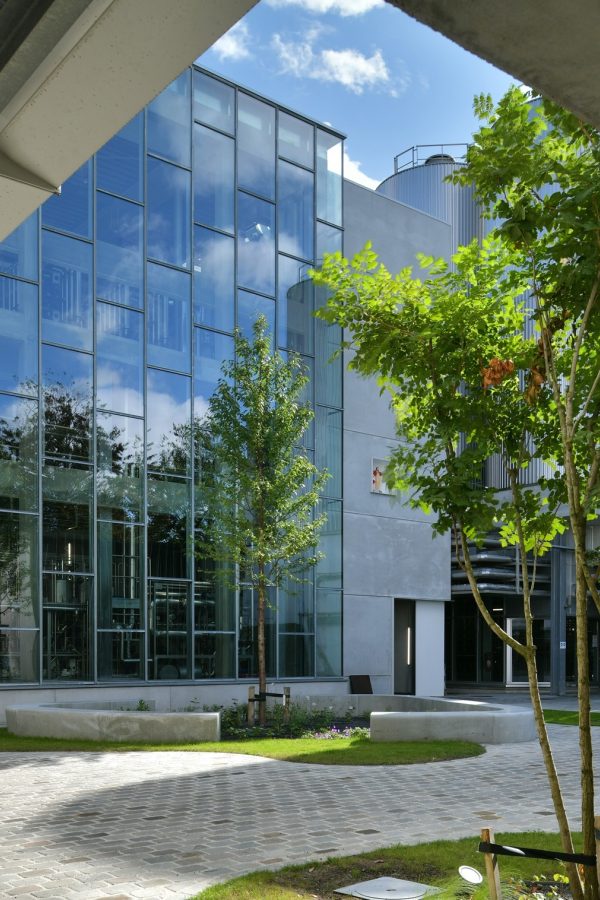

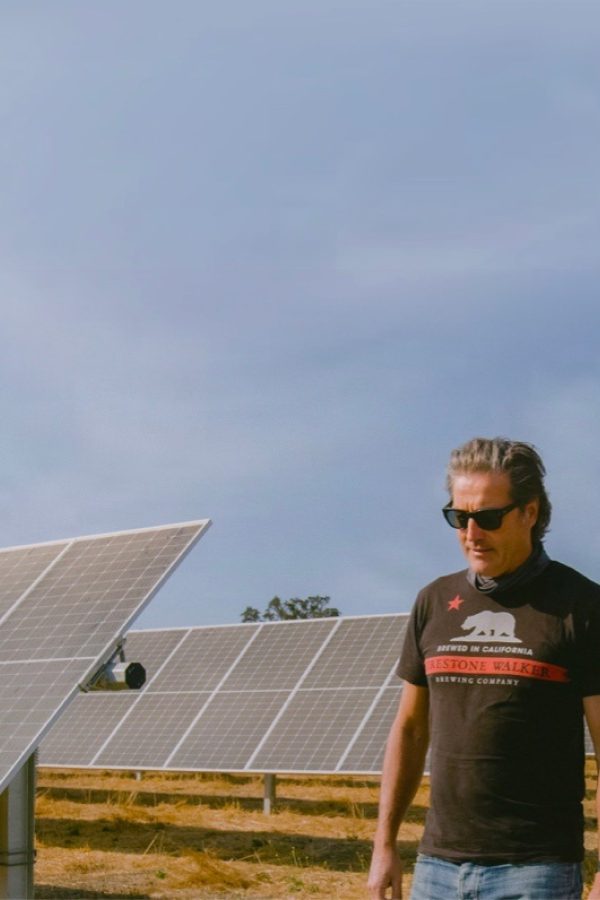
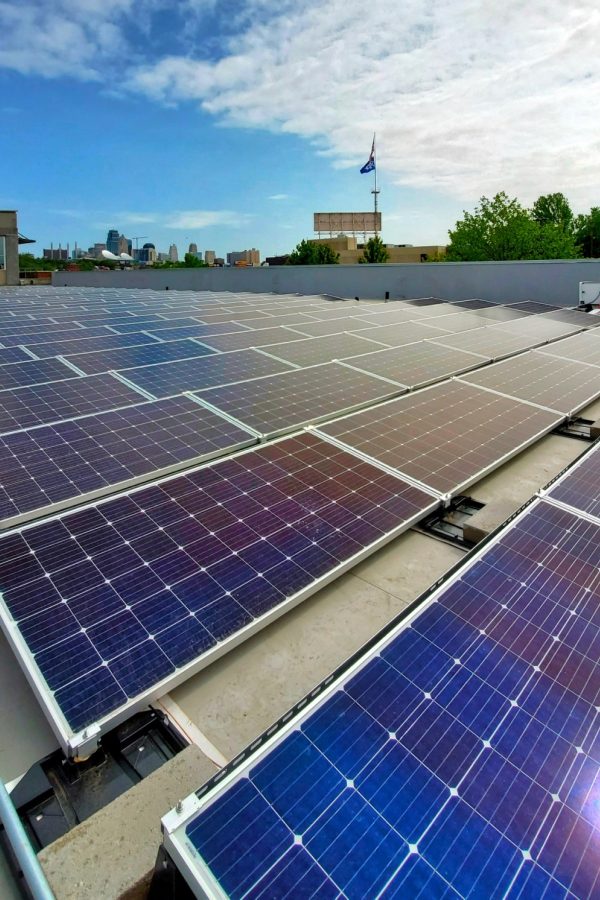

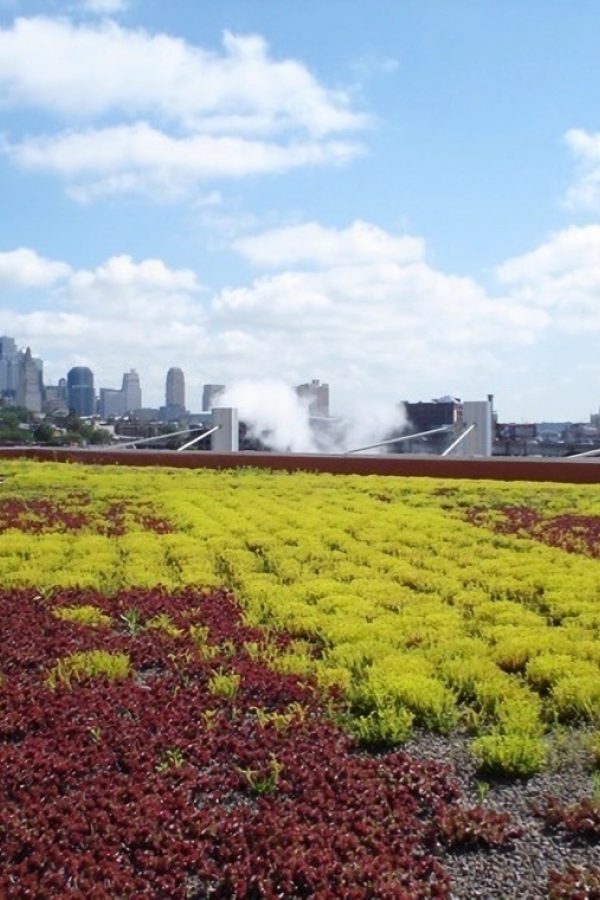
Upcoming actions
-
Conduct a group-wide baseline assessment and establish ambitious carbon reduction targets aligned with 1.5-degree scenarios.
-
Expand solar energy capacity in warehouses and double the solar field in the California brewery.
-
Double on-site energy generation capacity by 2025 and sign Power Purchase Agreements for greener electricity.
-
Intensify logistics decarbonization efforts and engage suppliers in regenerative agricultural practices to reduce carbon footprint.
